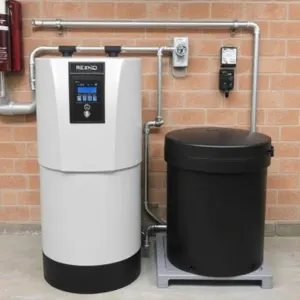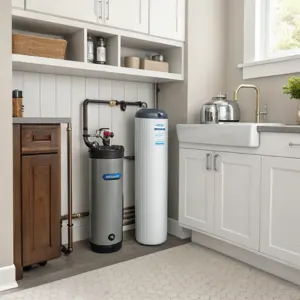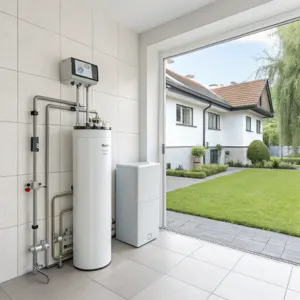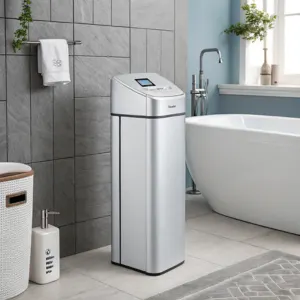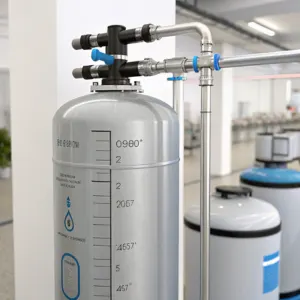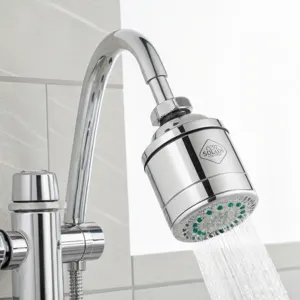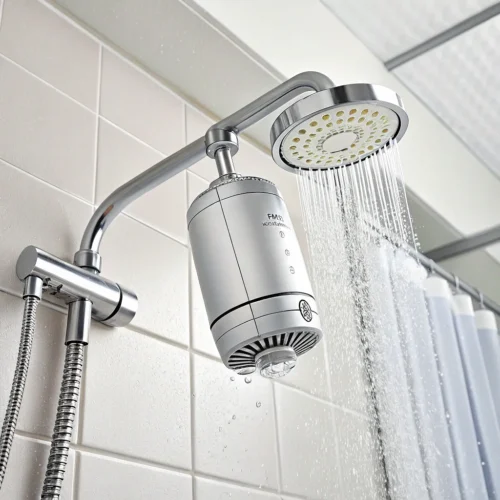Borewell Water Softener for Home
If your borewell water leaves white scales on taps, stains on utensils, or damages geysers and washing machines, you’re dealing with hard water. Hardness caused by calcium and magnesium salts not only harms appliances but also affects skin and hair health. A borewell water softener is the ultimate solution for homes to prevent scaling and improve water quality.
What is a Borewell Water Softener?
A water softener is a device that removes hardness from borewell water by exchanging calcium and magnesium ions with sodium ions. This process protects your plumbing, improves appliance life, and ensures a better bathing and washing experience.
How Does a Water Softener Work?
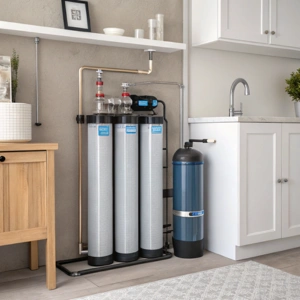
Ion Exchange Process
Resin beads in the softener replace hardness-causing calcium and magnesium with sodium ions.
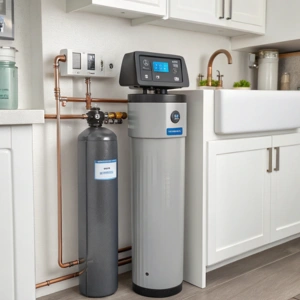
Regeneration Cycle
When the resin gets saturated, a salt solution (brine) regenerates it, ensuring continuous soft water supply.
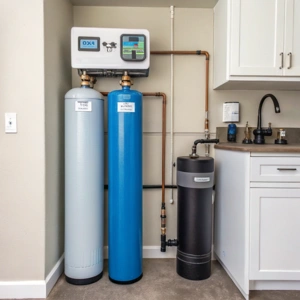
Automatic or Manual Control
Modern softeners offer automatic regeneration for convenience.
Installation Tips
Install at the main water inlet to soften water for the entire house.
Ensure a bypass valve for easy maintenance.
Provide a drain line for the regeneration process.
Maintenance Guide
Add salt to the brine tank every 2–4 weeks based on water usage.
Check resin bed condition every 2 years.
Perform a manual regeneration if soft water supply decreases.
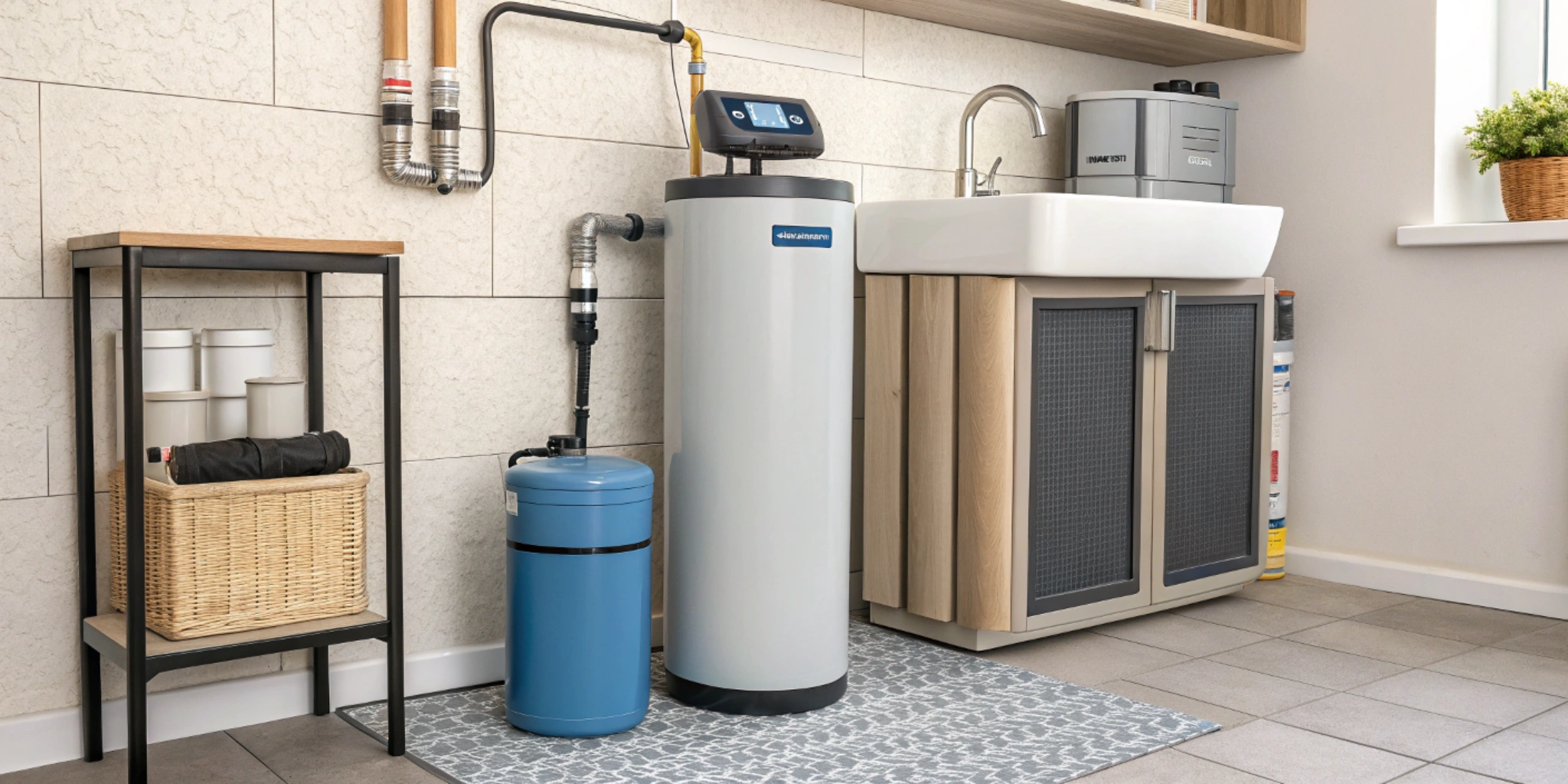
Benefits of Borewell Water Softeners
Prevents white stains on floors, tiles, and utensils.
Saves energy by improving heater efficiency (no scale in heating elements).
Reduces detergent use by up to 30–40%.
Extends the life of RO systems by preventing scale formation.
Our Range of Products
Frequently Asked Questions
Why is borewell water hard?
Borewell water passes through soil and rocks, dissolving calcium and magnesium salts, making it hard.
Can a water softener make borewell water drinkable?
No. A softener only removes hardness. For safe drinking water, combine with an RO purifier.
Where should a borewell water softener be installed?
At the point of entry, so the entire house gets soft water.
How often should I add salt to my water softener?
Every 2–4 weeks, depending on water usage and hardness level.
Does a water softener reduce TDS or iron?
No. It only removes hardness (calcium and magnesium). Use an RO or iron filter for TDS and iron.
Can I use softened water for drinking?
Yes, but it is recommended to use an RO purifier after softening for safe consumption.
What is the lifespan of a water softener?
10–15 years with proper maintenance. Resin may need replacement every 5–7 years.


